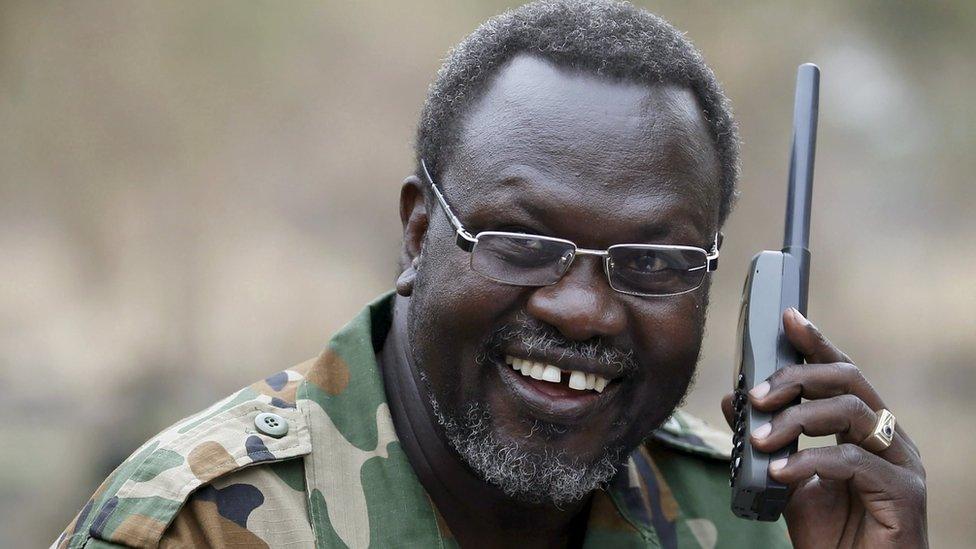South Sudan war: The handshake that may end a recurring nightmare
- Published
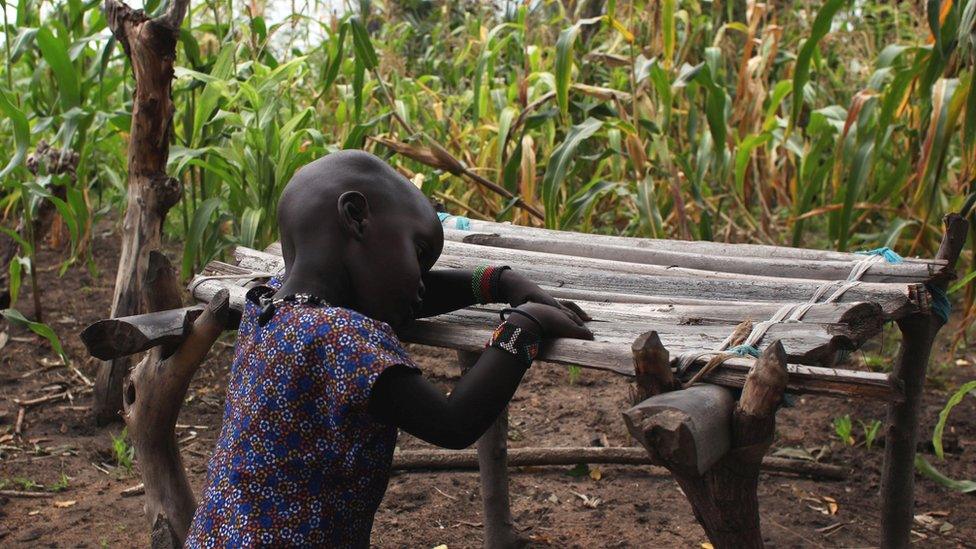
Four million people have been forced to flee conflict and horrendous atrocities
Ululations, song and dance erupted in a packed hall in Ethiopia's capital, Addis Ababa, as South Sudan's President Salva Kirr and rebel leader Riek Machar signed what they called the "final final" peace deal.
The two hugged and smiled as they exchanged the signed documents at an extraordinary summit of regional leaders, who have been pushing for the former enemies to end a brutal five-year civil war that has killed tens of thousands of people and forced four million people from their homes.
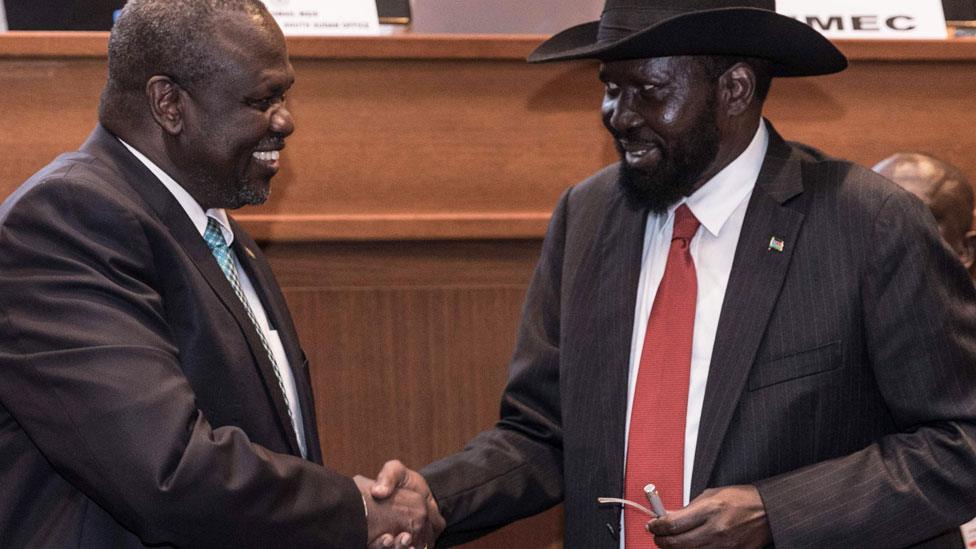
This is not the first handshake between Riek Machar (L) and Salva Kiir (R)
It has taken 15 long months of shuttling between the region's capitals to negotiate this latest attempt to bring peace to the world's youngest nation.
"As we witness this historic milestone, we remember and grieve for the victims of the violence and hope this agreement closes that dark chapter in South Sudan," Ethiopian Prime Minister Abiy Ahmed said after the signing.
And it has been a dark and shameful period for the country - with both sides accused of horrendous atrocities. The UN has documented horrific accounts of gang rape, throats being slit and mass shootings.
Amid hyperinflation, aid agencies have warned again that the humanitarian situation in the oil-rich country continues to worsen, with millions facing starvation.
Will the killing stop?
Speaking to the BBC after the ceremony, negotiators from both sides said they realised the task ahead in bring lasting peace for their people.
"Our people are right to doubt us, because we have let them down so many times," opposition negotiator Stephen Par Kuol said.
"But this time around, we are telling the people of South Sudan to count on us to implement this agreement fully."
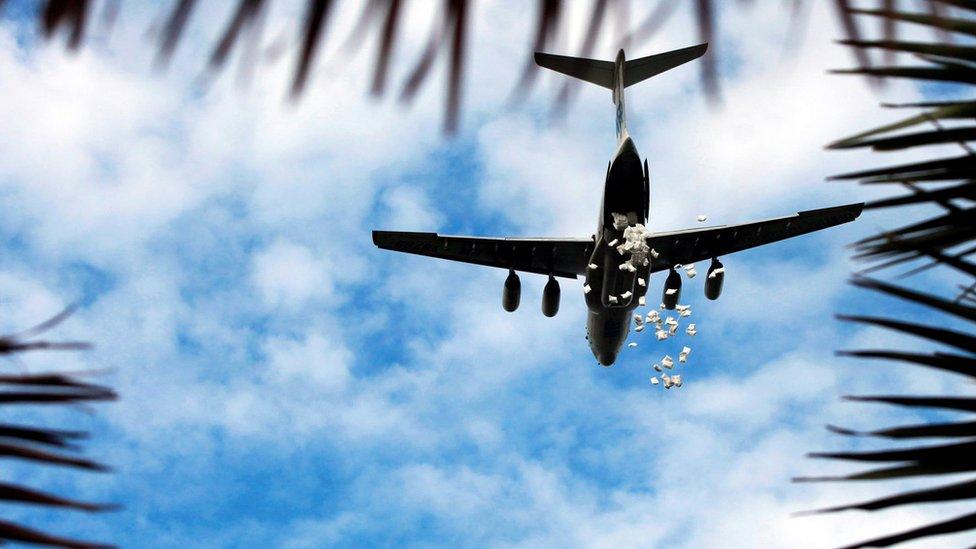
The UN is struggling to feed those in need of food and millions face starvation
Martin Lomuro, South Sudan's cabinet affairs minister, agreed that the "severity of the war" had dented confidence.
"But this is much more of an agreement that is designed to lay a foundation for a new country and this is why I feel so good about it because before we haven't had a chance to build a proper nation," he said.
Realistically both sides have reached a stalemate - and run out of money. Plus pressure from South Sudan's neighbours, who are hosting many of those who have fled, has led to a more sober reconciliation.
What are the stumbling blocks?
Despite the optimism, diplomats at the ceremony - many of whom witnessed a similar scene three years ago - expressed concerns about the ability of each side to honour their commitments.
After all, the 2015 power-sharing deal collapsed spectacularly in July 2016, forcing Mr Machar, the rebel leader who had recently been re-appointed vice-president, to flee for his life on foot to the Democratic Republic of Congo. He has not been back to the capital, Juba, since then.

South Sudan crisis in numbers:
Inside South Sudan's civil war
Politicians: 550 MPs, 35 ministers and 10 deputy ministers under the peace deal
Inflation: 161.2% annual (2017-2018). Peak - 835.7% in Oct 2016
Ceasefire deals: At least 10
Number of people displaced: Four million (seven million in need of assistance)
Years at war: Five (plus 32 previously fighting Sudan in secessionist conflict)
Oil production: 130,000 barrels of crude a day (down from 350,000 before the war)
Sources: Igad, UN, Sudan Tribune, Economist, Reuters

"The greatest challenges are yet to come - and the key ingredient still lacking is trust," said David Shearer, head of the UN Mission in South Sudan.
"The personalities signing the agreement have in the past been former friends and foes and from my discussions with all parties, suspicions still remains widespread," he said.
Similar concerns were made by the UK, US and Norway, which have all been instrumental in funding the peace process and the failed transitional government.
UK envoy Chris Trott said a significant change in approach was needed.
"This must include, but not be limited to, an end to violence and full humanitarian access and a real commitment to effective and accountable implementation, demonstrated by robust and enforcement mechanisms."
Is the deal different from the one signed in 2015?
Not really. It is all about power sharing between the two main rivals in a transitional government to be established in the next eight months.
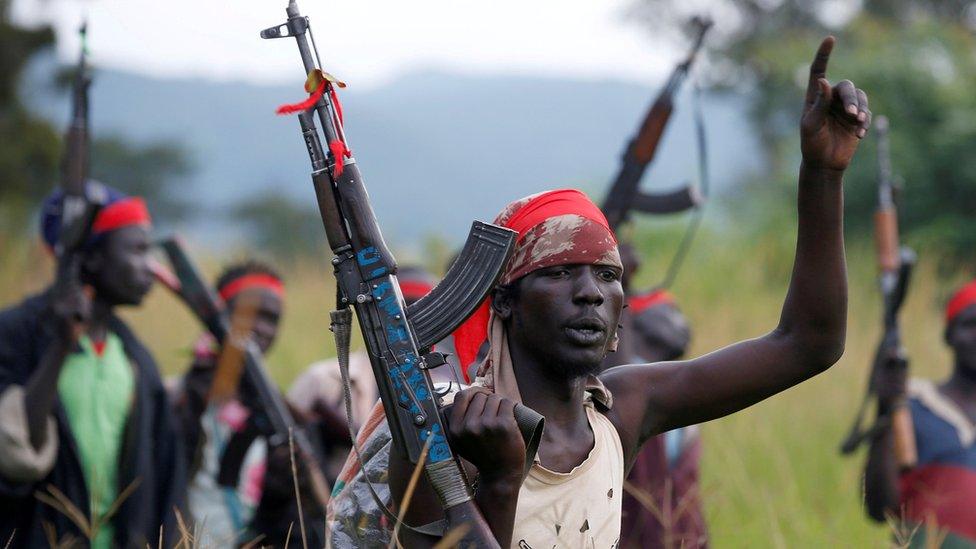
Rebel fighters are to be demobilised and reintegrated into the army
It will then last for three years, after which general elections will be held.
The expanded government will have Mr Kiir remaining as president while Mr Machar will take up one of the five new posts of vice-president.
Other armed groups, political parties and interested entities like civil society groups and religious leaders will also have a place in the expanded government and the reconstituted parliament.
Unlike the previous deal, the country will have a unified army with the president as the commander-in-chief.
The last one fell apart when the two rival armies fought in Juba. This agreement sets out a timeframe for demobilisation and eventual reintegration.
Will this new agreement hold?
The next few days and weeks will be crucial for the warring parties as they need to cease all fighting in line with the preliminary agreements reached over the last few months.
Reports of fighting came within hours of Mr Kiir and Mr Machar signing one such deal in August.
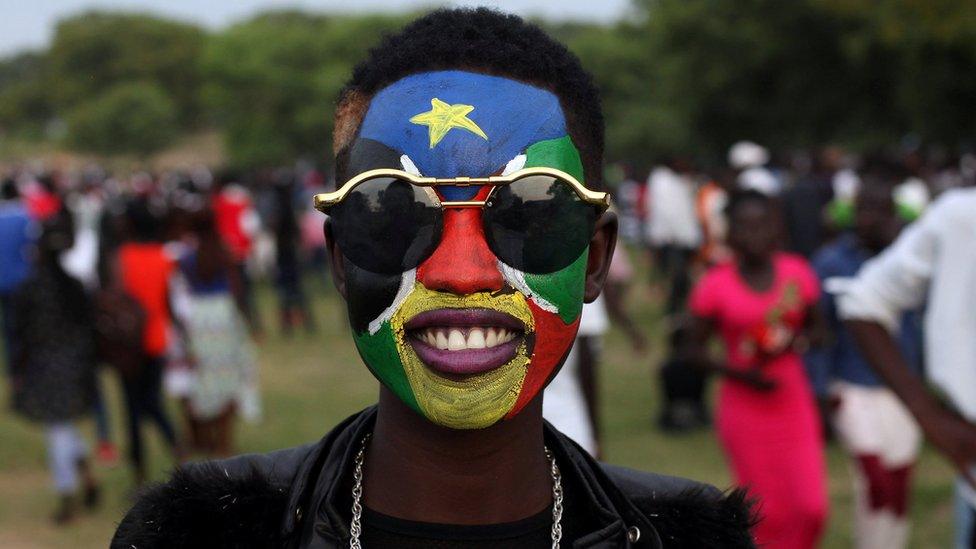
Many South Sudanese hope the new deal will breathe life into the economy
How fast Mr Machar returns to Juba will also be key - he has been in exile for two years.
His team says he will go back as soon as he is assured of his safety on the ground - and that is not at all clear.
A 4,000-strong Regional Protection Force (RPF) was promised two years ago - with a boosted mandate to guarantee security in the capital. According to the UN, 60% of these troops have been deployed to help the nearly 8,000 UN soldiers already in South Sudan.
However, Mr Shearer warns that there's no further funding for the remaining troops and so it is highly unlikely that there will be more boots on the ground in coming weeks and months.
But the negotiators say the leaders will be able to overcome their mistrust of each other once they actually start the task of rebuilding the crippled nation together.
"Confidence comes with working together and interacting together and reconciling - and even giving up something," says Mr Lomuro.
"So whatever grievances you have if we discuss things in an honest manner, we will develop that confidence."
- Published21 June 2018
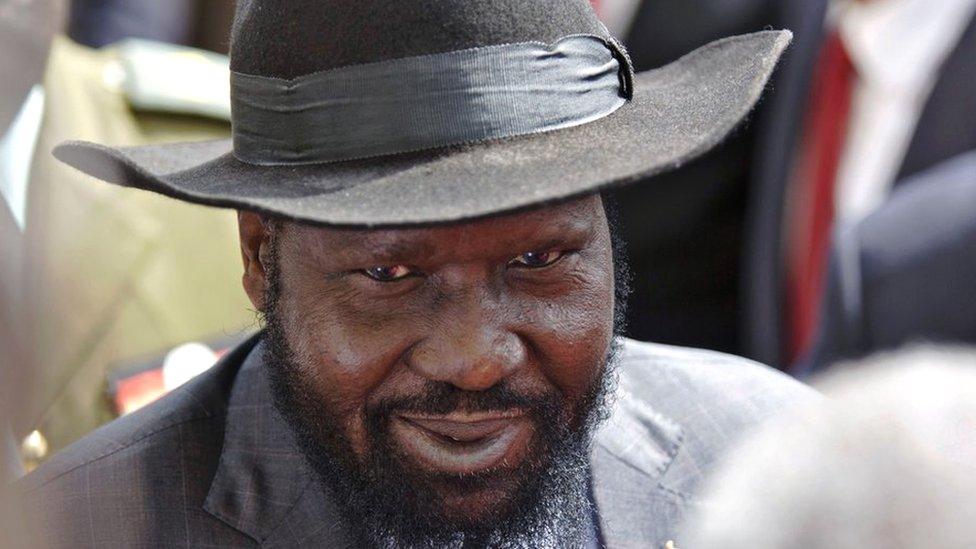
- Published21 June 2018
